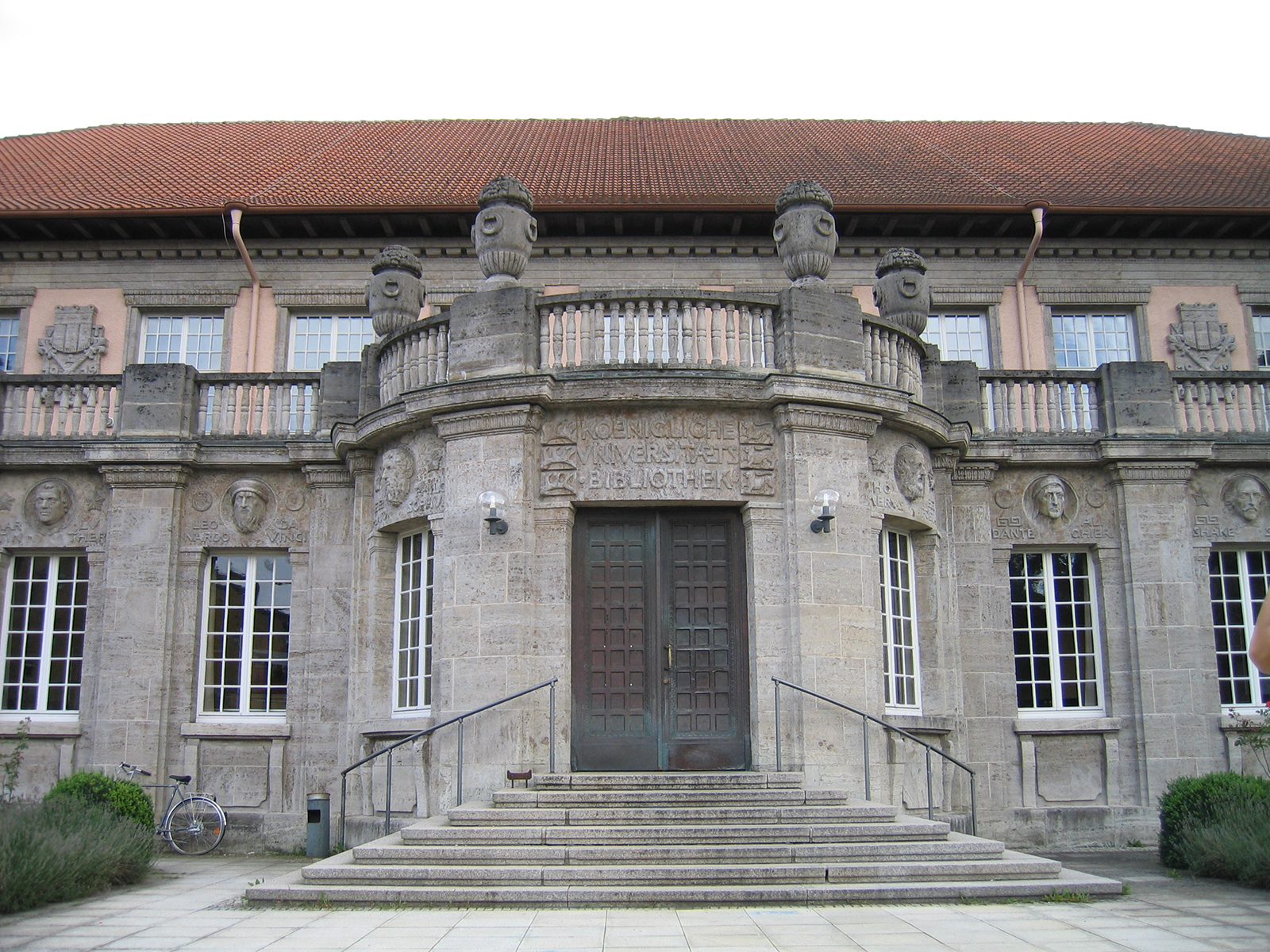University of Tübingen: Funding Allocated for Innovative Digital Teaching Initiatives
Four creative digital teaching projects in Tübingen receive funding from the Dr. Eberle Center for Digital Skills. With 10,000 euros each, the researchers can implement their innovative ideas for digital teaching and learning materials. This is the third time that convincing projects have been funded using this format. The results will be freely accessible online via the Baden-Württemberg Central OER Repository.
The call for proposals was supported by the generous support of Dr. KH Eberle Foundation made possible. The official award ceremony will take place on September 27th at 6 p.m. in the Historical Reading Room of the University Library (Bonatzbau, Wilhelmstr. 32). Media representatives are cordially invited to attend.
The OER prizes go to the following project ideas:
• In the project “Integration of high-quality measuring devices into geography studies”developed by a team led by Dr. Andreas Braun tutorials, videos and documentation for a wide range of measuring devices and methods. This involves, for example, devices for GPS surveys, for measuring climate parameters and for recording the ecological and chemical properties of water bodies. Earth observation and drone mapping are also discussed. The team at the Chair of Physical Geography and Geographic Information Systems (Prof. Dr. Volker Hochschild) is working on cataloging and documenting the devices, which should be accessible in the future as part of geography studies, but also for studies and theses. In addition, the materials can also be reused regardless of subject and location,
Contact: an.braun @uni-tuebingen.de
• In the project “Debating Planetary Ethics – A Podcast on the Planetary Boundaries”developed by Dr. Simon Meisch from the International Center for Ethics in the Sciences has a podcast. In collaboration with Dr. Jeremy Schmidt from the Department of Geography at the University of Durham discusses ethical issues surrounding the concept of planetary boundaries, introduced in 2009. This is about, among other things, climate change and ocean acidification. Each episode of the podcast will focus on one of the nine defined planetary boundaries, leading to an interdisciplinary debate with a wide range of scientists. The podcast is intended to function as a stand-alone learning unit with accompanying information, but can also be integrated as an ethics module in events that are related to planetary boundaries.
Contact: [email protected]
• In the project “Old French learning module for students, teachers and researchers in medieval studies”The German Seminar at the University of Tübingen and the Modern Philology Institute at the University of Würzburg work together under the direction of junior professor Carlotta Posth and Alexandra Becker. The module closes the gap in educational offerings for Old French – the subject plays a key role in medieval literature and is important for many philological disciplines. The new OER learning module is intended to appeal to a broad audience: students and researchers of Romance studies and other medieval and historical disciplines gain insight into the basic structures of the Old French language and its aspects of literary and linguistic history. The learning units of the module contain information material, exercises and practical applications to deepen knowledge.
Contact:carlotta.posth @uni-wuerzburg.de , [email protected]
• In the “Hybrid Teaching Formats / Hybrid Learning & Teaching” project, the Center for Media Competence and the University Didactics Office are jointly developing an OER module that is intended to make the implementation of hybrid teaching formats easier. It offers all teachers step-by-step instructions for planning and implementing hybrid teaching formats through practice-oriented checklists, reflection questions and exemplary solution strategies. The challenges of this teaching method are discussed in detail, including technical, didactic, conceptual and legal aspects. The module will be available in German and English. Management: Kurt Schneider, MA and Heike Schulz, Center for Media Competence; Dr. Andrea Fausel and Esther Fink, University Didactics Department.
Contact:kurt.schneider @uni-tuebingen.de
The Dr. Eberle Center for Digital Competencies trains Tübingen students and young scientists in the use of digital media in research, studies and professional life. With the call for tenders for “Digital Teaching and Learning Materials”, the university is supporting the development of so-called “Open Educational Resources (OER)”, which can be used in a variety of ways. In addition to skills in using digital multimedia tools, their creation also requires suitable didactic concepts. The new modules can be used free of charge via the online service “Central Repository for Open Educational Resources of Universities in Baden-Württemberg” (ZOERR). This is made available by the Tübingen University Library as part of the “University Network for the Digitization of Teaching in Baden-Württemberg”.
The Dr. The KH Eberle Foundation, based in Lörrach, Baden-Württemberg, has already funded the center with more than one million euros and has also made it possible to advertise the “digital teaching and learning materials” funding format. It was created from the assets of the entrepreneur Dr. Karl Helmut Eberle founded and is committed to promoting research and innovation in Tübingen and other universities. Eberle, who died in November 2015 at the age of 88, studied medicine at the University of Tübingen and then worked successfully in the real estate industry. https://dreberlestiftung.de/

